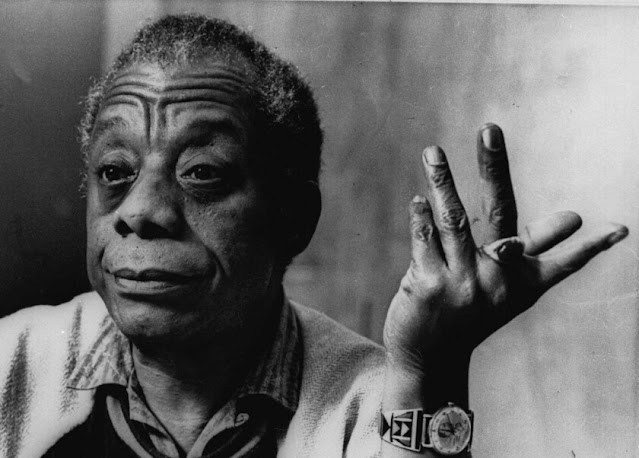Bradley Cooper's "Maestro": Ho-Hum! Another Movie About White People
Granted, most Hollywood films about American celebrities of the 1950s, 60s, and 70s are going to be about white people. But in a film about Leonard Bernstein, there were several opportunities to tell the story about Lenny marching with Martin Luther King in Selma, Alabama, or Lenny introducing young André Watts to the world concert stage, or even Lenny conducting Marian Anderson with the Israel Philharmonic. But no. The producers of Maestro chose to ignore the existence of African Americans, except when Bernstein's wife, Felicia (portrayed by Carey Mulligan), needed a nurse more than an hour and forty-five minutes into the film.
At the very end, Bernstein directs his drunken, romantic attention toward a young black male conducting student, whom he had just instructed in a conducting master class. I suppose this young conducting student represented the future of classical music. But for a people who had been so discriminated against after the Second World War that young Bernstein was even advised to change his name to "Bern" to be accepted by the Americans, wouldn't it have made sense for the producers to make a connection between the oppression of the Jews in Europe and the oppression of blacks in America? I guess it is still too difficult to hire black actors in Hollywood to create a realistic depiction of this country during that time.
 |
| Lenny (Bradley Cooper) and Felicia (Carey Mulligan) |
Leonard Bernstein was also struggling with being oppressed as a gay man. The marriage represented an opportunity for him to hide in the closet while living a very public life as a celebrity. In fact, it was Felicia who demanded that her husband lie about the rumors about his sexuality to their children. It is vaguely implied that Felicia's cancer was a result of living with the heartbreak resulting from her husband's infidelities.
 |
| Bradley Cooper and Matt Bomer |
It is hard to feel sorry for people who are so privileged, who seem to have everything: success, fame, money, loving family, and white skin. Felicia's character could have been more sympathetic if she had not been portrayed as being so strong. It's almost as if she felt she could do away with her husband's homosexuality simply by willing it away. After all, she had sacrificed her own career as an actress to keep his home and raise his children.
 |
| Cooper as Bernstein |
For me, the climax of the film was the finale of Mahler's Second Symphony. I couldn't watch Cooper's conducting because I know the piece so well. But the music simply destroyed me. At moments, I could help conducting it myself. (FYI - I was one of the students in Bernstein's master class at Juilliard on the first movement of the Mahler 2nd.)
Hollywood must stop producing and releasing these white-washed versions of history, and put its energy into portraying the real America. It's not so hard to find black actors if they wanted to. Believe me.










He glossed over Bernstein’s work with the NYPhil in the 60s key highlights of which could have been the Young People’s concerts and the only Black musician at the time who sat in the violin section. His collaboration with Aaron Copland, Barber, and Menotti to creat the first integrated orchestra in NYC, the Symphony of the New World was also an important part of his legacy in the 60s.
ReplyDeleteCorrect! So much of that history is dismissed as being unimportant.
Deletehttps://leonardbernstein.com/about/humanitarian/radical-chic-flap
ReplyDeleteStunning.... that Bernstein as a closeted selfish self serving celebrity whose homosexuality compriised his wife's life...is the takeaway. WOW...Bernstein kids approved this disaster tribute to their fathers legacy . It feels a bit like 'Boys in the Band". All of these tormented homosexuals" JUST A TAS of old school Hollywood homophobua
ReplyDeleteWhen you stop seeing the world as white vs black, you will be able to see movies, read books, etc about all types of people - and see what is being said about humankind. Your world is very limited. Open your eyes.
ReplyDeleteI was wondering if Nina Kennedy sees everything in the world as black or non-black. It's a very racist thing.
DeleteAnd when Hollywood stops ignoring and dismissing African American history, it will be a very different country.
Delete